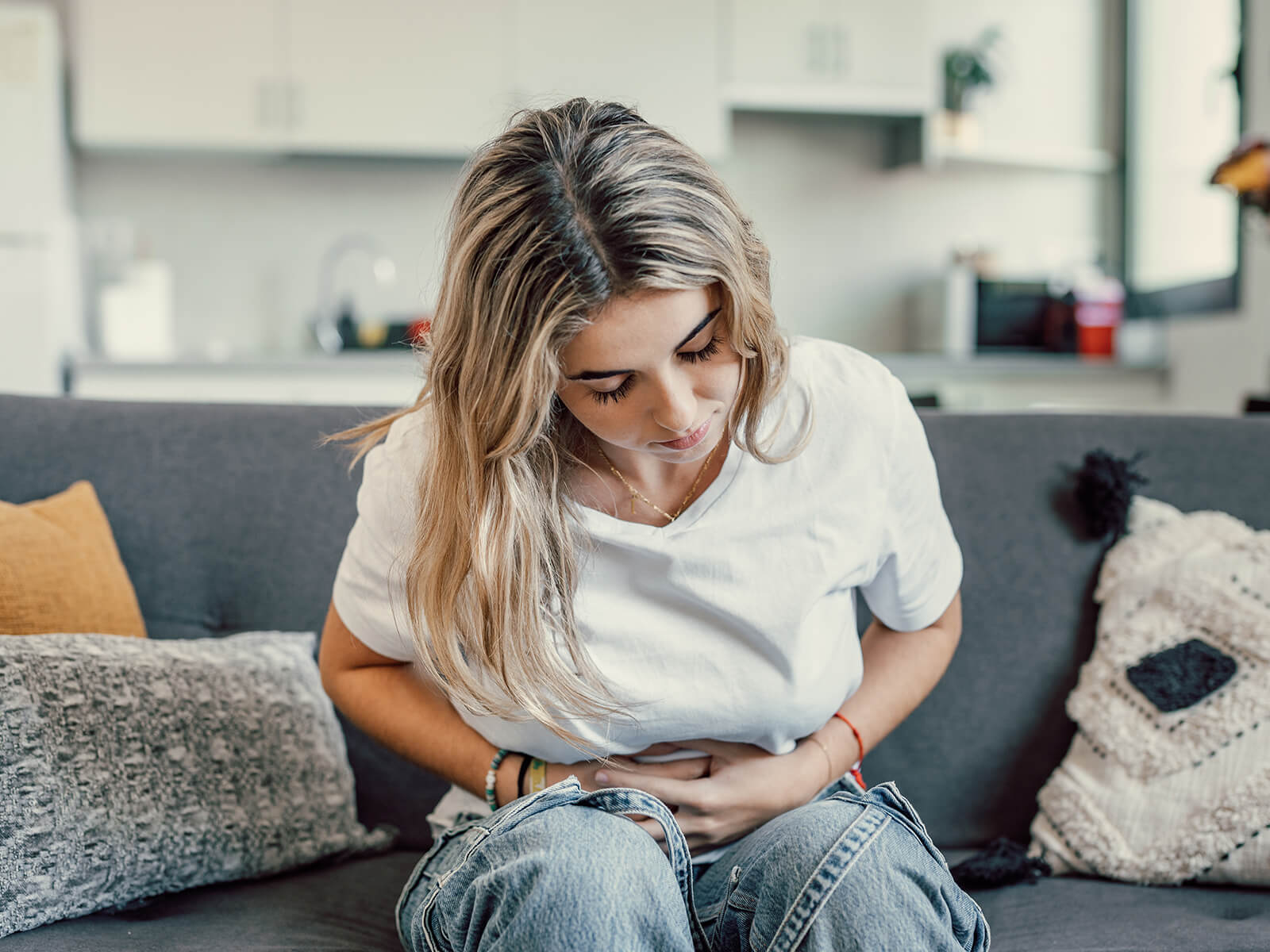
Backwash ileitis Backwash ileitis refers to inflammation and swelling of the end of the small intestine (terminal ileum) that results in severe cases of ulcerative colitis where the inflammation may be forced by colonic perforation. Early diagnosing of this condition can be utilized to sensitize the required treatment in order to avoid complications.
The symptoms may be represented in the form of a severe exacerbation of ulcerative colitis, and they may include:
The most prevalent cause of the backwash ileitis is superior ulcerative colitis. Other causes can be:
Our GastroDoxs in Houston is committed to the diagnosis and treatment of backwash ileitis through the assistance of patient-centered approach. On-site colonoscopy and laboratory tests, customized medication and nutritional prescriptions are all included in the effort of our intestinal health care practitioners in working to get you to the long-term relief. Before long you are going to be in charge of your gut health. Make a reservation and experience the better digestive wellness.
We've successfully treated more than 2.3K patients, helping individuals improve their digestive health and overall well-being through expert, personalized care.
With over 20 years of experience, GastroDoxs has been a trusted provider of gastroenterology care, focusing on delivering the best outcomes for patients
The main diagnostic method of backwash ileitis is the colonoscopy; when a doctor of gastroenterology examines the final part of the colon i.e. the ileum with the help of the equipment through redness, swelling and small ulcers. To verify inflammation a tissue sample (biopsy) may be carried out. The diagnosis might also be helped through the blood tests and stool studies which may help to determine the signs of inflammation and eliminate the possibility of infections.
Yes. Severe complication of ulcerative colitis Backwash ileitis Backwash ileitis is inflammation of the colon extending to the ileum end due to ulcerative colitis. It is mostly evident in patients of extensive type or pancolitis type of ulcerative colitis.
No. Although the two conditions operate in the ileum, backwash ileitis is a surface inflammation, which is associated with ulcerative colitis and the paralysis of inner bowel wall layers. Crohn disease has the capacity of engaging the whole gastrointestinal tract and is usually followed by full-thickness inflammation.
A low residue, low fiber, easy to digest diet can be utilized in the management of bowel stress in a flare. The examples of such are cooked vegetables, which are not covered with their skins, polished grains and lean proteins and well cooked fruits. A diet plan will be designed to suit you particularly by your doctor or dietitian.
Certain drugs like steroids, immunomodulators are linked with the following side effects like nausea, adding weight, mood swings or infection. The aminosalicylates are quite tolerated as a rule though in a few instances they cause headaches or gastrointestinal. Your physician will mind you of the risks involved and watch over you.
Treatment should commence once you feel the diarrhea symptoms, abdominal cramps or blood in the stool. Early intervention can be applied in the treatment of inflammation at a shorter time and it might prevent complications..
Yes. Stress can be a trigger or worsening of Flares of inflammatory bowel disease such as backwash ileitis. Symptom treatment may be done through stress reduction interventions such as mindfulness, counseling, and exercise.
A good percentage of the patients will be relieved with the aid of the appropriate medication, dietary adjustment and with regular monitoring and they are now capable of sustaining the remission. Follow-up will be long-term to ensure that the most is done out of the therapy and that in the case of complications, they are detected in time.
Surgery is extremely unthinkable and done under the conditions that are not responding to the medical treatment or are developing complications. The majority of patients are sensitive to drugs and lifestyle modification to manage their symptoms.
In the overwhelming most cases, the follow-up visits are scheduled following each 3-6 months depending on the severity of the disease and the response to the treatment. You must visit your gastroenterologist earlier in case you experience a new onset or progressive symptoms.